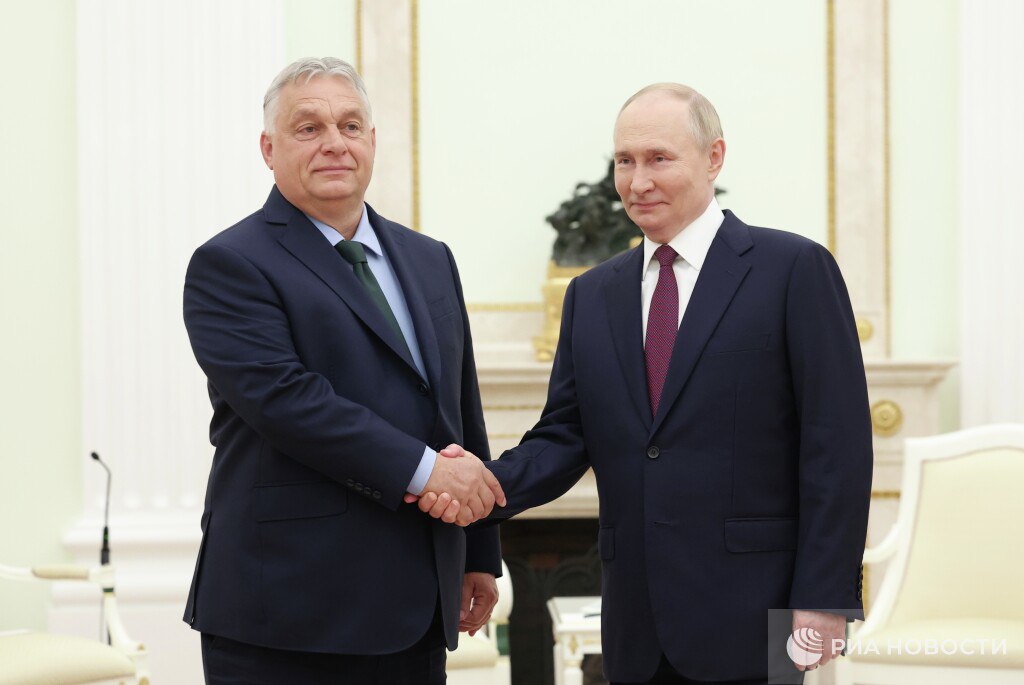ISW: Orbán seeks to shift West’s attention from supporting Ukraine to peace talks
The Institute for the Study of War suggests Orbán's recent diplomatic efforts are part of a strategy to shift focus away from military aid to Ukraine.


The US-based Institute for the Study of War reported on 6 July that Hungarian Prime Minister Viktor Orbán is positioning himself as a potential mediator to end the Ukraine conflict despite Russian President Vladimir Putin’s rejection of mediation efforts.
According to the ISW, Orbán’s actions are likely part of a broader strategy to undermine European support for Ukraine.
Orbán published an op-ed in Newsweek on 5 July, criticizing NATO’s approach to the war. “Orban accused NATO of choosing conflict over peace and stated that NATO was established to maintain peace,” the report states.
This publication follows Orbán’s recent diplomatic efforts, including visits to Kyiv on 2 July and Moscow on 5 July, where he advocated for negotiations between Russia and Ukraine.
The ISW suggests these moves are “likely part of his ongoing effort to shift European focus to discussions about peace negotiations and away from discussions about military support for Ukraine.”
The report highlights Orbán’s consistent opposition to EU efforts to provide military assistance to Ukraine, noting that this stance aligns with his current role as EU Council president.
“Orban has consistently opposed and undermined the European Union (EU)’s efforts to provide military assistance to Ukraine,” the ISW reports.
The ISW also points out similar calls for negotiations from other European leaders. Bulgarian Prime Minister Dimitar Glavchev offered Bulgaria’s services as a mediator on 5 July, while Turkish Foreign Minister Hakan Fidan urged Ukraine to “widen and accelerate Ukraine’s ongoing peace process” on 6 July.
However, the ISW emphasizes that these negotiation calls differ significantly from Ukraine’s peace formula.
“Orban’s and others’ calls for negotiations and Ukraine’s peace formula are distinct efforts with different aims,” the ISW reports.
The ISW notes that Putin has shown no interest in negotiations that don’t result in Ukraine’s capitulation.
“Putin rejected Russian participation in possible ceasefire negotiations processes and denied interest in a ceasefire altogether on July 4 and 5,” the report says.
Read also:
- Gas distribution facility in Crimea catches fire following explosion
- Ukrainian intelligence targets Russian logistics and electronic warfare in occupied Donetsk
- ISW: Kremlin propaganda shapes domestic war support despite growing criticism


